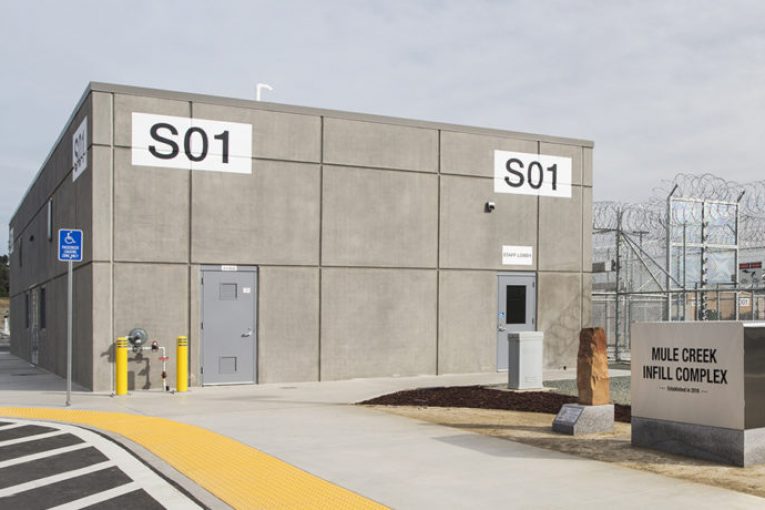

By F. Lee
ACCORDING TO VICE Magazine’s article “What It’s Like to Look for a Job After Prison” (April 2022), one of the most difficult issues for a parolee is finding a job, and the number one reason for this is employer prejudice. For many returning to society, building a new life is a challenge as they struggle to find employment and housing, reconnect with family and friends, and comply with parole officers.
Lawrence Drenk was paroled from Mule Creek State Prison nearly two years ago. Yet, with all his rehabilitative programming and resources, he quickly found himself homeless. “Life does not slow down,” he said in regard to his troubles, such as the loss of family, housing, and support. He soon discovered a new term to describe the mental, physical, and emotional difficulties of adjusting to life after prison: post incarceration stress syndrome.
Of the programs Drenk investigated to assist parolees with these difficulties, in his opinion two offered the best support: Homeboy Industries in Los Angeles, which provides housing and employment; and Freedom Through Education in Sacramento, which offers housing, an allowance, and food. Other programs, like the Alternatives to Violence Project (AVP) and Guiding Rage Into Power (GRIP), offer moral and emotional support and referrals. Christian programs such as The Father’s House (in Napa, Sacramento, and Solano counties) provide housing, job assistance, and spiritual guidance.
A 2018 parolee from Los Angeles spoke to his challenge of surviving in the real world. “My money got wings. It lands today, flies away tomorrow, and never comes back!” he said. He also talked about working various labor intensive jobs, temp jobs, blue-collar jobs, and working graveyard shifts to make ends meet. However, his hardest reality check came when all the rehabilitative programs, volunteers, and resources he’d discovered in prison were unavailable when he was released.
Chris Mann of Northern California’s Volunteer for America, a national organization that provides employment services and drug addiction recovery, has some advice for soon-to-be-released men and women: “The vocational skills you acquire now can help determine opportunities when you get out,” stated Mann. “Employment gives you a different purpose in life.”
He proposed several steps to follow. First, develop a good relationship with your parole officer. Second, check out the Center for Employment Opportunity. Third, reach out to organizations like the Anti-Recidivism Coalition (ARC) for resources to address alcohol and drug addiction.
According to Mann, parolees should be able to make a living wage. For instance, fast food service pays about $18 an hour. Some companies are even dedicated to hiring ex-felons. “You are your product,” said Mann. “Build your product today.” He recommends prisoners start earning income right away, even in prison. Once out, try to hang around those people who encourage positive growth and avoid bad environments. “But the number one issue,” said Mann, “is that parolees just don’t bother to ask for help.”
If there’s one thing we should take away from Mann and Drenk: Don’t be afraid to ask for help when you need it.
Originally Published by the Mule Creek Post
